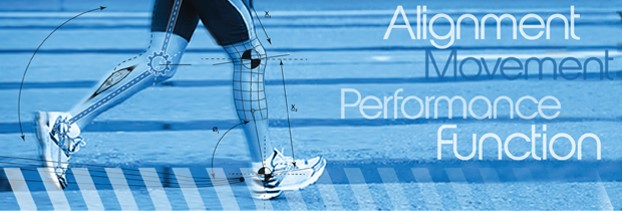Does Running cause Knee Arthritis? New Research suggests the forces are the Same as Walking?
Does running cause knee arthritis? I’ve blogged over the past few years on the back and forth by researchers on this topic. For example, one study last year showed more MRI evidence of cartilage breakdown in more active people while a recent study found that runners had less knee and hip replacements than non-runners. It’s been assumed for a long time that running would be bad for arthritis because the forces are higher than walking. However a new study argues that this may not be the case when you look at total forces on the knee during both activities. The researchers from Canada and the U.S. looked at computer models of the “per unit distance load” on the knee in both running and walking. What did they find? While it’s true that running has a higher peak force (the part of the stride where you land produces about three times the force of walking), that force occurs over a short duration. When you add up the loads over the shorter amount of time the knee is loaded during running versus the lower load but longer time it’s loaded when walking, the forces between the two activities equal out. In fact, faster runners, because they spend even less time on their knee joints, have a reduced total load when compared to walking. Hence the researchers argue that this is why some runners seem to have less arthritis than their peers. The upshot? Only time will tell if runners truly suffer less knee arthritis as there are studies on both sides of this debate. In the meantime, if you want to save your knees, run like a gazelle!

If you have questions or comments about this blog post, please email us at [email protected]
NOTE: This blog post provides general information to help the reader better understand regenerative medicine, musculoskeletal health, and related subjects. All content provided in this blog, website, or any linked materials, including text, graphics, images, patient profiles, outcomes, and information, are not intended and should not be considered or used as a substitute for medical advice, diagnosis, or treatment. Please always consult with a professional and certified healthcare provider to discuss if a treatment is right for you.

